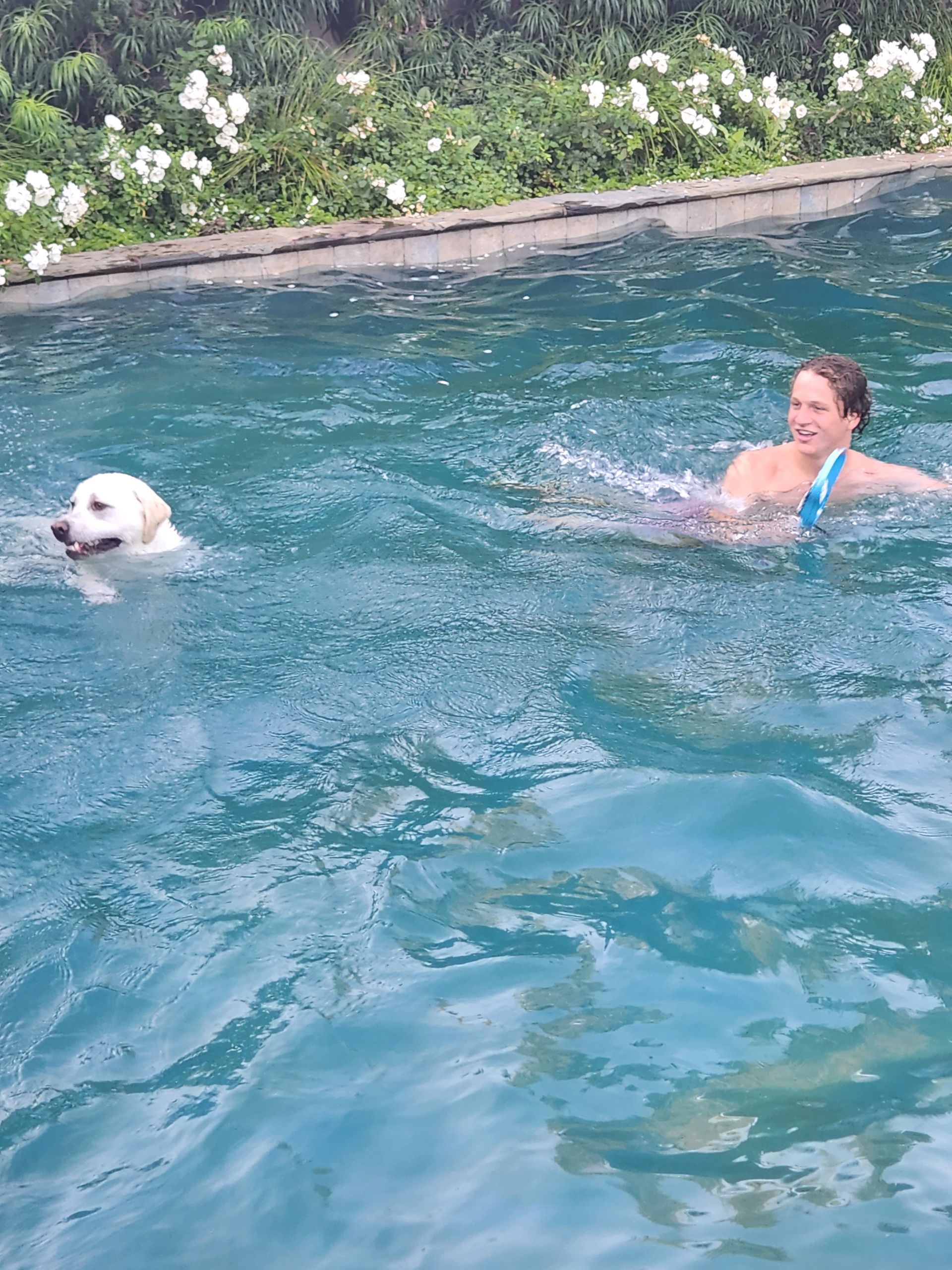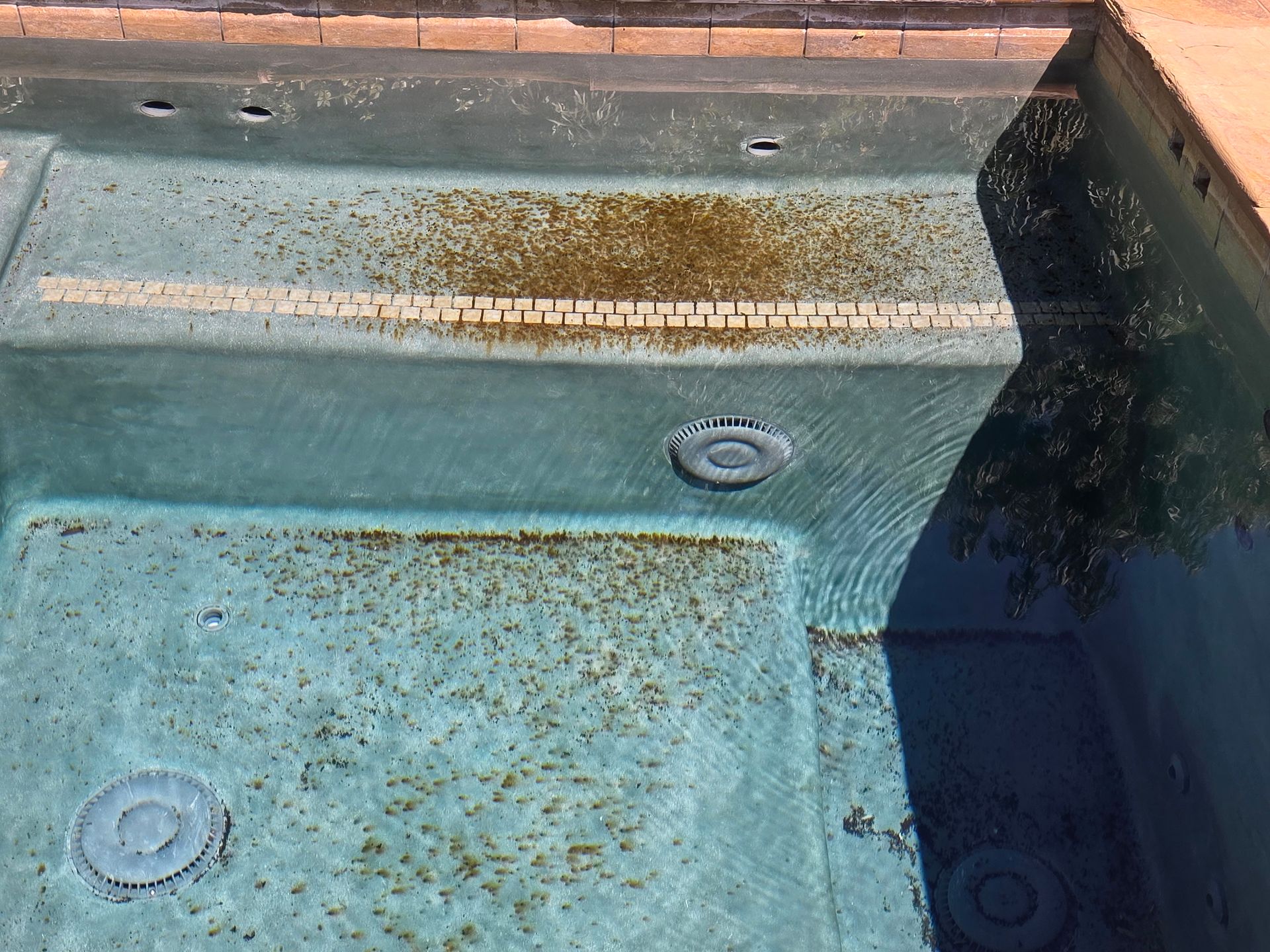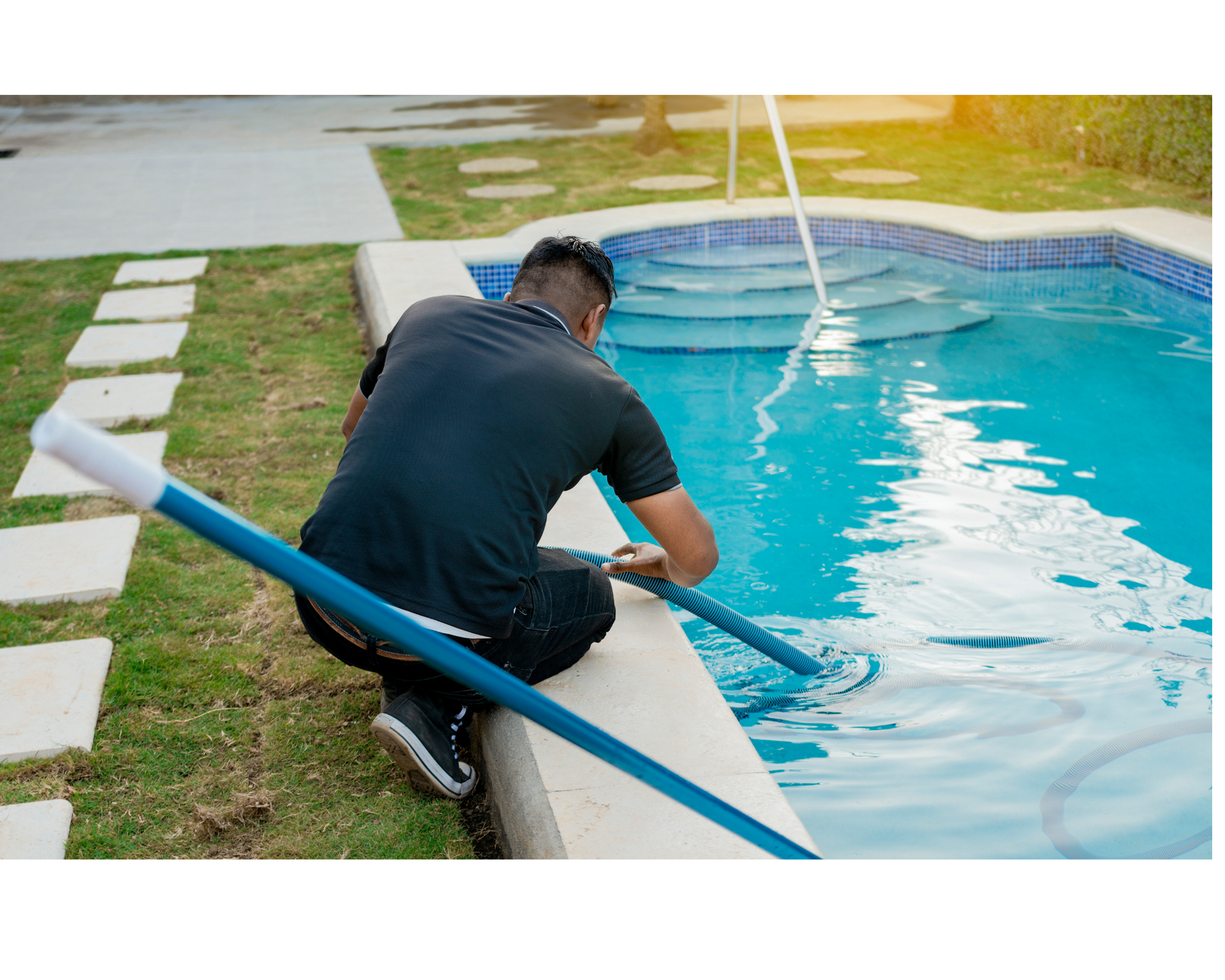Can Dogs Drink Pool Water?
Will The Chlorine Hurt Dogs?
Is It OK For Dogs To Drink Pool Water?
While you may want to re-direct your pup to a nice fresh bowl of water, in most instances pool poses no harm to dogs if they only take a sip or two. A lot of dogs find it fun and will actually pass by the water dish in the hot summer months. The water in your pool contains chlorine, whose purpose is to kill bacteria and other microorganisms that can potentially cause illness in humans and animals alike. However, chlorine ingested in small amounts is not generally harmful to dogs.
If your dog happens to drink some pool water, you may see them as more thirsty than they normally are. Often dogs drinking chlorinated water will consume other clear water shortly there after due to the fact that chlorinated water is dehydrating to both humans and dogs. To accommodate this effect, you should be sure to supply your dog with plenty of fresh water to drink in a dish, after they’ve been in the pool or just drinking the water.
You may also want to consider giving your dog a rinse or full bath after they’ve been in the pool. This will easily remove chlorine against their fur or skin, which can irritate those animals with sensitive, dry or itchy skin or allergies.
Will Pool Water Make Dogs Sick?
May owners will ask, “can dogs get sick from drinking pool water?” Aftern all, there are so many foods and substances that are harmful to our furry friends. So it is is a reasonable question that many dog parents may ask themselves at one point or another. Dogs are usually curious and will often be found drinking from puddles and other (questionable) sources of water. As such, it’s likely that if they have access to a pool, they might take a sip from a pool also.
While as noted above that pool water is generally not harmful to dogs in small amounts, there are a few ways that dogs can actually get sick from pool water. One way is from heavily chlorinated water. This can irritate both a dog’s skin and respiratory system. Alternatively, if there is an absence or low level of chlorine there could be algae growing in the pool. Algea can possibly make your dog ill if they ingested it. So, one should recognize that there is a small possibility that your dog could become ill from drinking pool water. However, it’s not common or likely. That being said, it’s always best to err on the side of caution and watch on your doggo when they’re in or near the pool. If you find your dog drinking large amounts of pool water, you can perhaps stop them and re-direct them to fresh clean water instead.
Will Swimming in Chlorine Pools Harm Dogs?
May dogs, such as labs, will automaically take to the pool in warm weather. This is especially true if they can swim with their owners. But, as great as swimming with your dog is, there are a few things you might want to take into consideration when your furry friend wants to dive in.
Chlorine is the most common pool chemical and does a great job at keeping pools algae and bacteria free. While chlorine is very desirable for this purpose, it can be somewhat harsh on a dog’s skin and eyes. Just like their humans, dogs can experience red, itchy eyes and skin after coming in contact with chlorinated pool water. To avoid such irritation, you can rinse your dog off with fresh water after a swim.
Pool chlorine can also be detrimental to a dog’s health if ingested in large quantities. Once chlorine mixes with urine and sweat, it forms chloramine gas. This gas can possibly cause respiratory problems for your dog. Signs that your dog is suffering respiratory distress may include difficulty breathing, coughing, and wheezing. If your dog exhibits any of these symptoms, you should get them to the vet immediately.
There are ways to make the experience more enjoyable for your pup in spite of the potential effects of chlorine water. (1) Rinse your dog off with fresh water after they swim. Discourage dogs from drinking pool water, as ingesting large quantities of chlorine can be harmful to dogs. If you take these precautions, you and your pup can enjoy many fun days at the pool together!
Feel free to ask any safety
questions as they come up









